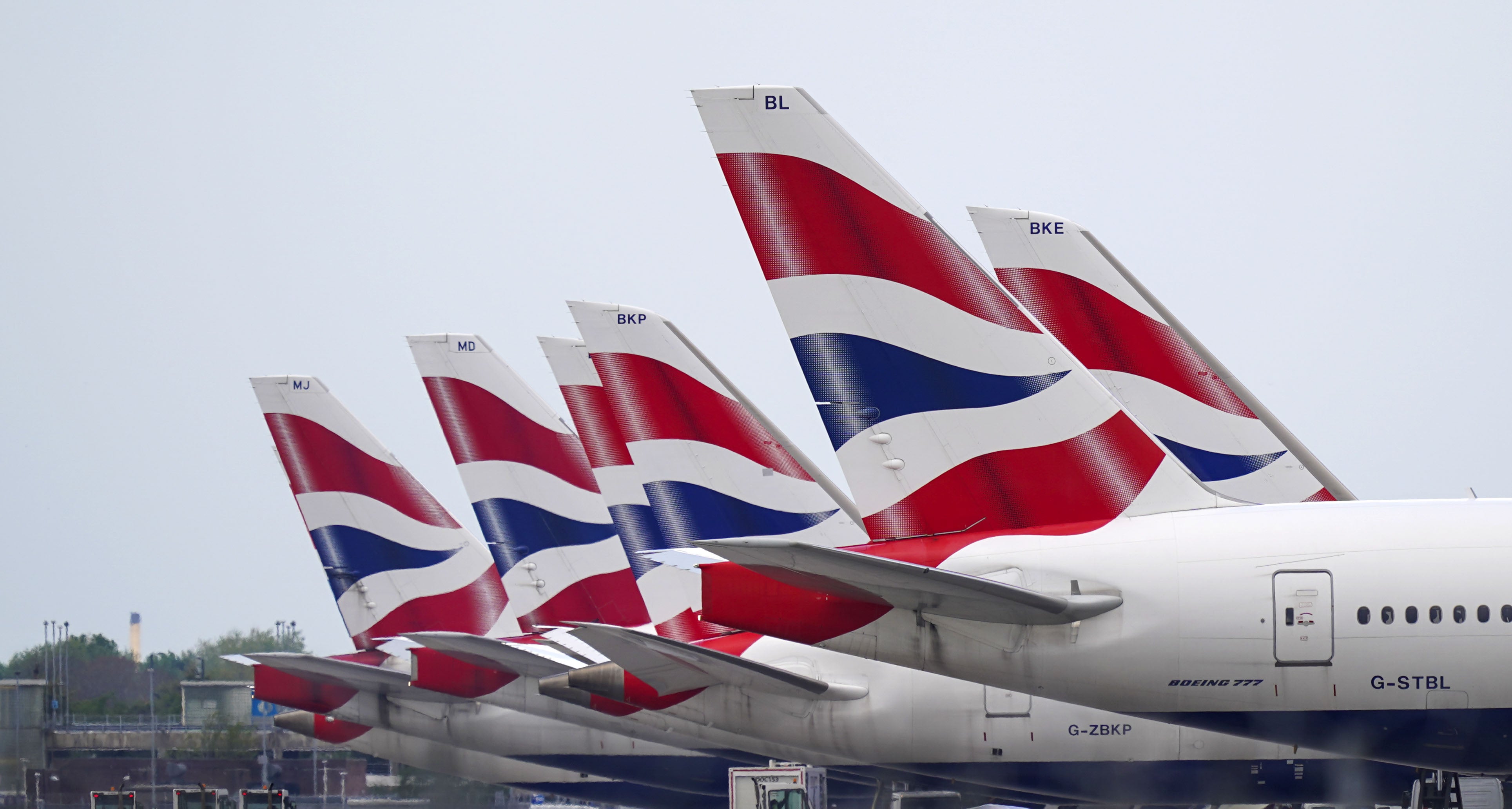When can I travel to France without breaking the rules?
Simon Calder answers your questions on circumventing the rules, Covid test dates, cancelling flights, and why airlines won’t refund over travel restrictions


Q I’m being encouraged by a ski company to “hop over the French border” from Switzerland to try to circumvent the current French rules requiring travellers from the UK to have a compelling reason for entry (skiing not being one). This makes me extremely uncomfortable. What is your position on this? And any views on when it might be possible again to go to France without restrictions?
Name supplied
A The French ban on British visitors is futile and damaging. It is a perfect example of why the World Health Organisation says that, except in very limited circumstances, for short lengths of time, travel bans are ineffective at preventing the spread of infections.
But France’s frontiers are closed, and that plan to dodge the rules is certainly in breach of the spirit of the restrictions imposed by the country’s government. While it is clear that many British travellers have entered France via a third country, apparently with few problems, since the travel ban began shortly before Christmas, I certainly cannot condone the practice. And the French government warns: “Checks will be organised to ensure these measures are properly implemented.”
France has just loosened its travel ban a little, making urgent work journeys possible. The French consulate in London says: “It is possible to travel between France and the UK (in both directions) for reasons linked to the pursuit of an economic activity requiring presence on site, which cannot be postponed (with proof from employer). It is also being made easier to travel through France to reach your main residence in a European Union or equivalent country.”
Anyone taking up the professional exemption must provide a statement from their employer confirming the journey is necessary.
Tourism from the UK remains banned for the time being. But my hunch is that, very soon, the whole dismal construct will be removed. My final date for that to happen is 15 January, which I hope works for your dates.

Q Dubai has recently updated its requirements for UK tourists, saying the Covid test certificate “must state the location of where the sample was taken”. But many test providers seem not to include this information. Any advice?
Sanj S
A For UK visitors entering Dubai, Emirates tells me: “All passengers travelling from the UK to Dubai must hold a negative Covid‑19 PCR test certificate for a test taken no more than 48 hours before departure.”
It specifies that the certificate “must state the location of where the sample was taken” – and warns that “NHS Covid-19 test certificates and home testing kits are not accepted for travel from the United Kingdom”.
As mentioned many times, NHS tests are never acceptable for international travel. Regarding self-administered home-testing kits: frankly, I’m surprised that any nation accepts them. At best they are not as accurate as medically conducted tests; at worst they are open to fraud.
Anyway, in order to see if the test location is included, I’ve gone back through the PDFs of my certificates, and it’s about 50-50 in terms of whether they state where the test happened. ExpressTest and Randox mention it on the certificates I have received; Collinson does not. But that is no guarantee that your test certificate will follow the same pattern.
I suggest you ask the provider to send you a PDF of a specimen certificate so you can check for yourself. Or (more of a stretch) ask the airline to confirm they will accept certificates issued by their recommended suppliers.
Finally, I have no idea why testing firms would not include an obvious piece of information such as the test location – and conversely, I don’t know why Dubai/the UAE would be so interested in it, if they are content with the standards of the test provider. What strange times.

Q I’m trying to find out if there is a deadline date for cancelling a flight? I cannot seem to find anything on the internet.
Janice C
A The reason you can’t find information on the internet is because there is no global agreement. Every airline has different policies for people who book a flight and then decide to cancel it. Usually there are different rules for the type of ticket you book, too.
Taking the three biggest airlines in the UK, there are many differences. British Airways has an extraordinarily generous policy for people who decide to cancel within 24 hours of booking direct with BA.
“If you have booked directly with British Airways and you notice a mistake with your booking after you have paid for your ticket(s), you can cancel your flight booking and claim a full refund without penalty,” the airline says. You need to call the contact centre.
After 24 hours, standard cancellation rules apply – which, for cheaper tickets, will usually be a small proportion of the original cost, in the form of some of the taxes and fees applied by the airline. Bookings made through online travel agents are likely to be much more complicated.
While easyJet also has a 24-hour cancellation policy, it charges £49 (online, or £55 by phone) for the privilege. Beyond this time, the best you can hope for – if you do not change your flight – is for a refund of “some government taxes”. The airline also has some compassionate policies for cancellations following bereavement. Ryanair also allows refunds for compassionate reasons. But in all other cases the airline says: “All Ryanair flights are changeable but they cannot be cancelled.”
It is a strange policy, which means that a passenger who knows they will not be able to travel and does not want to rebook has no incentive to let the airline know they will not be travelling. If you choose to cancel, you simply don’t show up at the airport.
Ryanair will also refund some government taxes “subject to an administration fee of £17/€20”. The airline says: “If the refund amount is less than the applicable administration fee, no refund will be made.” Air Passenger Duty for the UK is £13.

Q Is there any way around the airlines’ awful customer service policy of not refunding flights that cannot be taken due to travel restrictions? We were due to travel to Berlin on New Year’s Eve, but because of the restrictions were not allowed in. Now we cannot get our money back.
Holidaygirl
A Just before Christmas, France and Germany closed their borders to the UK. While Germany’s travel ban ended yesterday, many people over Christmas and the new year found themselves in this unenviable position: you booked a flight and were fully expecting to be able to go, but sudden government action made your plan unattainable.
Had the flight been cancelled – as many were following the travel bans imposed by France and Germany on British visitors – you would be entitled to a cash refund (so long as you didn’t cancel or change your booking before the airline announced the cancellation).
Yet the airlines insist that if the plane took off, they fulfilled their contract. There was a seat on board for you. The fact you were not allowed to occupy it was not, they say, their problem.
The UK Competition and Markets Authority holds with the general principle that if a contract cannot be fulfilled (for example because you are not legally allowed to travel), then the arrangement should be annulled and you should be fully refunded.
The airlines, however, dispute that this applies to international air travel. I have every sympathy with you, not least because, if you had turned up for your flight to Germany, you would have been turned away by ground staff working for the very airline that claims you have a seat on board.
In the clear light of the post-pandemic era, there will need to be a test case to assess the position of people like you who are legally unable to make a journey. At this stage, all you can do is wait – unless you want to be that test case.
Email your questions to s@hols.tv or tweet @SimonCalder






Join our commenting forum
Join thought-provoking conversations, follow other Independent readers and see their replies
Comments